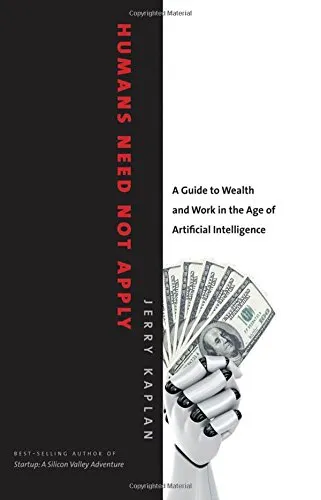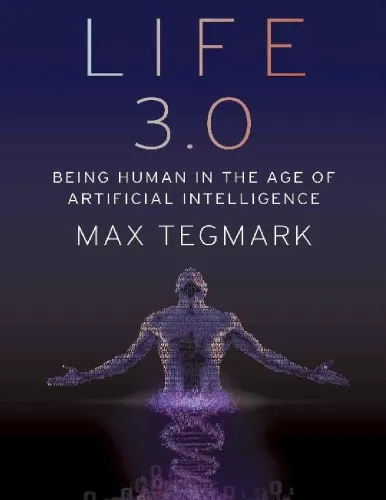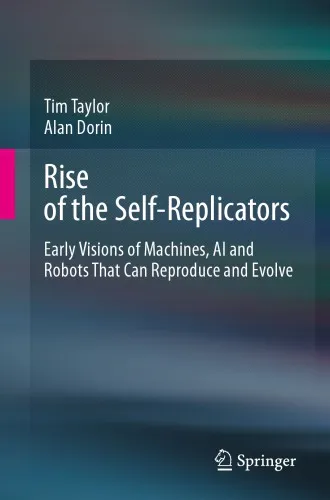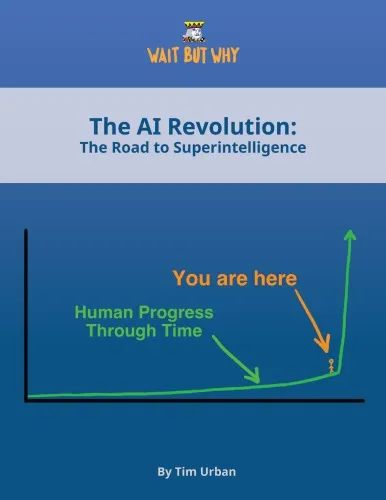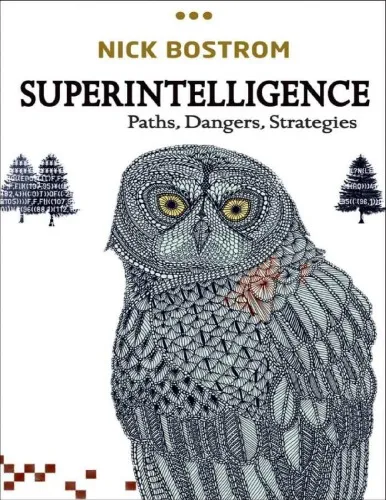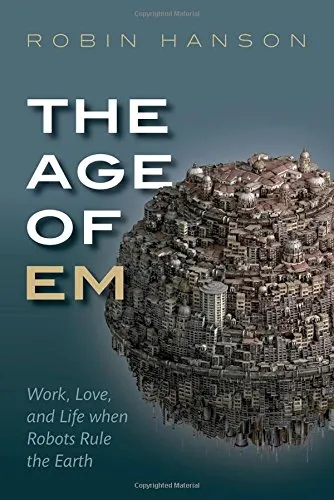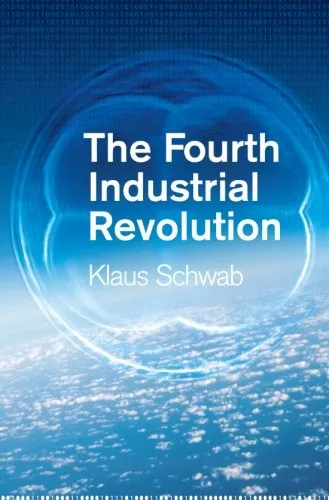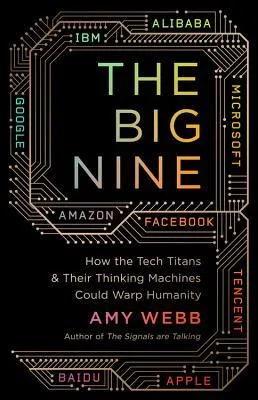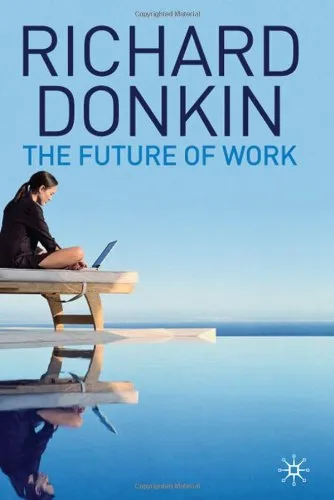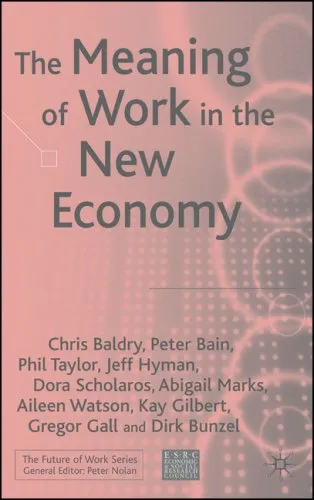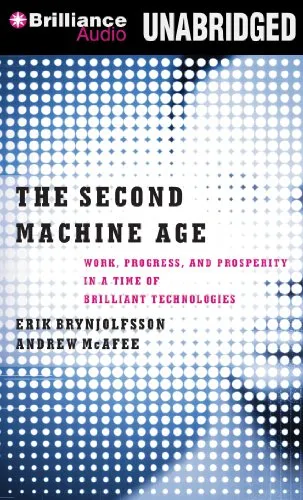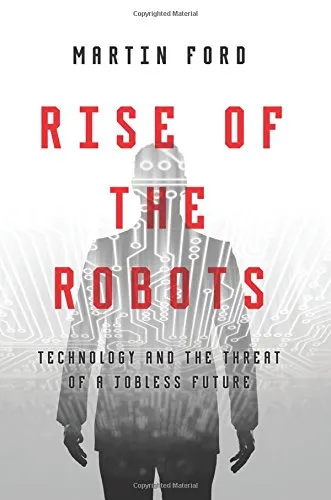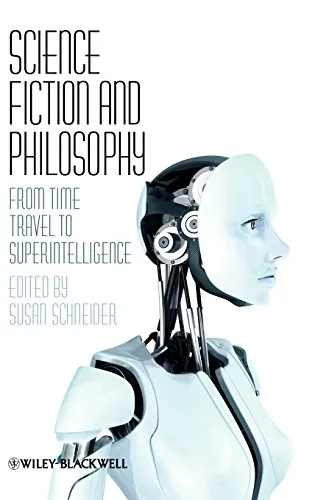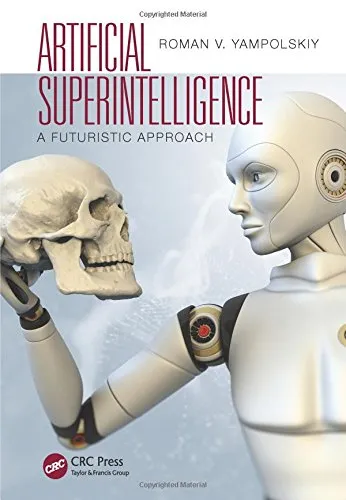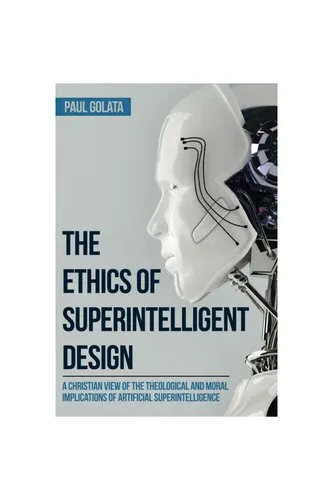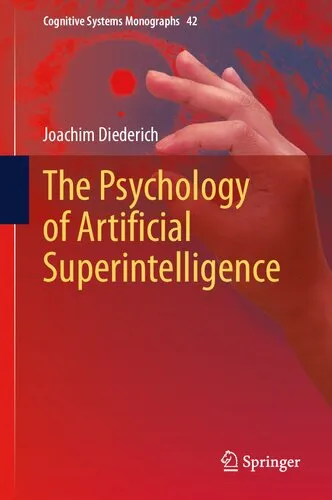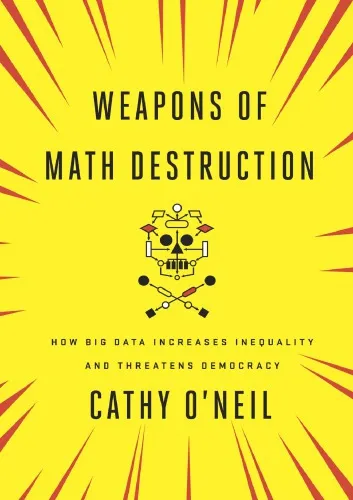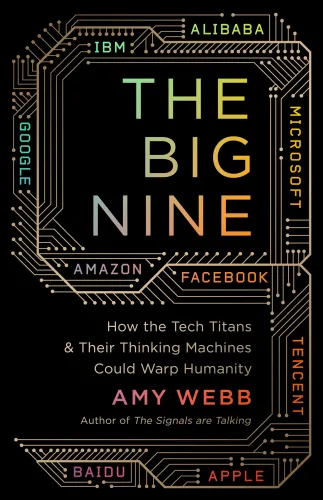Humans Need Not Apply: A Guide to Wealth and Work in the Age of Artificial Intelligence
3.7
Reviews from our users

You Can Ask your questions from this book's AI after Login
Each download or ask from book AI costs 2 points. To earn more free points, please visit the Points Guide Page and complete some valuable actions.Related Refrences:
Introduction
The dawn of artificial intelligence (AI) stands as one of humanity’s most profound technological revolutions. "Humans Need Not Apply: A Guide to Wealth and Work in the Age of Artificial Intelligence" by Jerry Kaplan delves into this transformative world, exploring how AI is reshaping the economic and social structures on which societies rest. As AI technologies steadily replace human labor in an unprecedented manner, Kaplan provides a thought-provoking analysis on the ramifications of this change, urging readers to contemplate the future of wealth and work.
Detailed Summary of the Book
"Humans Need Not Apply" seeks to dissect the nuanced impacts of artificial intelligence on modern society. The book is segmented into distinct themes, each addressing facets of AI's influence on employment, economic structures, and ethical considerations. Kaplan begins by tracing the historical evolution of labor through previous technological shifts, setting the stage to understanding the unique attributes of AI revolution.
The narrative anchors itself on the dual trends of job displacement and creation, highlighting how AI promises to eliminate many traditional roles while simultaneously giving rise to new opportunities. Kaplan delves into sectors most affected, such as manufacturing and services, examining how these changes will redefine personal and occupational identity.
Central to the book is the discussion on wealth distribution—a focal issue exacerbated by AI. Kaplan provides insights into potential future scenarios where a widening gap emerges between capital owners, who leverage AI for tremendous gains, and a labor force facing obsolescence. However, he remains solution-oriented, suggesting policy reforms and societal adjustments necessary for an equitable transition.
Ultimately, "Humans Need Not Apply" serves as a call to action, advocating for proactive engagements in education, governance, and economic policy to gracefully navigate this impending era.
Key Takeaways
- AI is fundamentally different from past technological advancements in its potential to replace human cognitive tasks rather than augment them.
- The effects of AI will most likely exacerbate economic inequalities unless addressed through proactive social and economic policies.
- Kaplan highlights the importance of rethinking education systems to prepare future generations for an AI-dominant job market.
- Ethical considerations in AI development and deployment are crucial to ensuring technologies contribute positively to societal well-being.
Famous Quotes from the Book
"Technology need not be our conqueror. It can be our liberator, provided we take the necessary steps to understand and direct its application."
"The promise of artificial intelligence is not immortality or persecution-free eternity, but more mundane: automating our work and making people obsolete as labor."
Why This Book Matters
"Humans Need Not Apply" is an essential read as it addresses the core questions about the future we are accelerating towards. As AI’s capabilities grow with each passing day, Kaplan’s insights serve as a valuable framework for businesses, policymakers, educators, and the general public to anticipate and adapt to changes rather than be consumed by them. His pragmatic approach provides not just a cautionary tale, but a manifold of strategies to harness the benefits of AI while mitigating its risks. In an era defined by rapid technological change, this book equips readers with the knowledge to navigate the 21st-century landscape where humans and machines coexist.
Free Direct Download
You Can Download this book after Login
Accessing books through legal platforms and public libraries not only supports the rights of authors and publishers but also contributes to the sustainability of reading culture. Before downloading, please take a moment to consider these options.
Find this book on other platforms:
WorldCat helps you find books in libraries worldwide.
See ratings, reviews, and discussions on Goodreads.
Find and buy rare or used books on AbeBooks.
1619
بازدید3.7
امتیاز0
نظر98%
رضایتReviews:
3.7
Based on 0 users review
Questions & Answers
Ask questions about this book or help others by answering
No questions yet. Be the first to ask!
